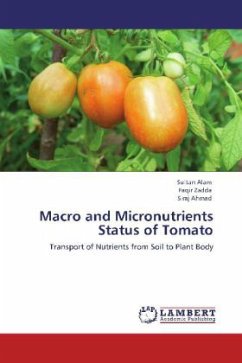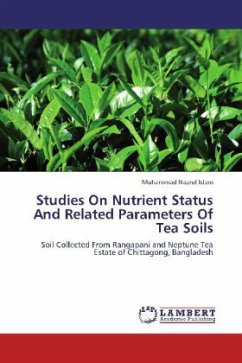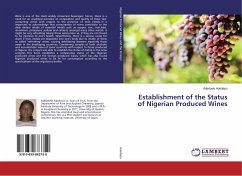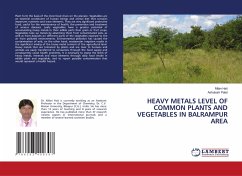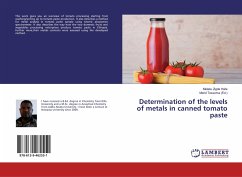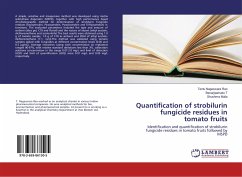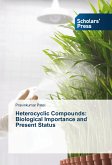Lycopersicon esculentum Mill belongs to family Solanaceae and is a very prominent vegetable of Malakand Division, Pakistan and is also a cash crop of the local community. The people of this region are fully involved in its production and are distributed throughout the country even outside the country also. The habitate of this plant is very fertile and the farmers used manure and synthetic fertilizers for the fulfillment of the nutrients requirements to the plant body. The farmers also using the pesticides for the killing of pest. Therefore the determination of pesticides fraction is another interesting area for exploration its nutritional status. For this purpose the samples of plant habitate and seeds were collected from village Gharri Swat District and were investigated for pH, micronutrients and macronutrients. Some of the parameters were found in trace quantities. However it fulfills the nutritional profile of the consumers. The role and chemistry of each nutrient in the soil and in the human body has been discussed for the public awareness. However the concentration of nutrients can vary from place to place and even from region to region.

